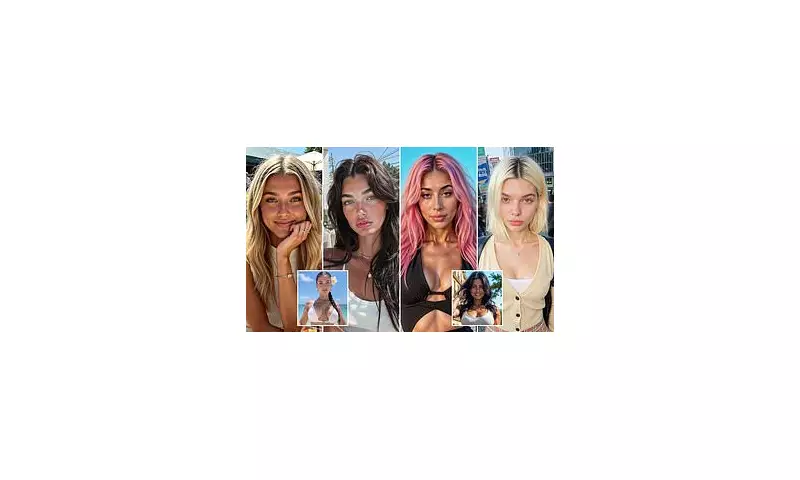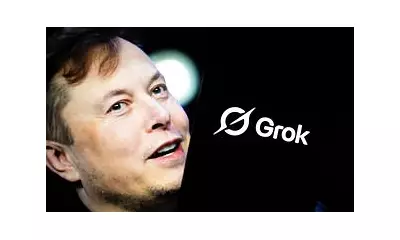
Scroll through your Instagram feed, and you'll see them: flawless faces with poreless skin, travelling to exotic locations and promoting the latest fashion. They look real, they act real, but they don't exist. Welcome to the startling new frontier of social media: the complete takeover by AI-generated influencers.
The Perfect, Profitable Illusion
These hyper-realistic digital avatars, crafted by complex algorithms and computer graphics, are no longer niche curiosities. They are becoming a dominant force, securing partnerships with luxury giants like Prada and BMW. Their appeal to brands is undeniable: they never age, never have a scandal, and are available 24/7.
One of the most famous, Lil Miquela, has over three million followers. Another, Aitana Lopez, reportedly earns up to €10,000 per promotional post. Their creators operate in the shadows, puppeteering these perfect personas to build vast, engaged audiences who often have no idea they are following a fiction.
The Ethical Minefield
This rapid rise sparks serious ethical concerns. Experts are sounding the alarm on several fronts:
- Reality Distortion: These influencers perpetuate impossible, algorithmically-enhanced beauty standards, creating a new 'uncanny valley' of perfection that real humans could never achieve.
- Blurred Lines: Many profiles operate without clear disclosure, deliberately blurring the line between human and AI to make their endorsements seem more authentic.
- Data and Deepfakes: The technology behind them is a hair's breadth away from creating malicious deepfakes, fueling misinformation, and eroding public trust in digital media.
A Human Future on Social Media?
As the technology becomes cheaper and more accessible, the market is set to explode. This presents a critical juncture for platforms, regulators, and users. The question is no longer if AI influencers will become commonplace, but how we will navigate a digital landscape where it becomes impossible to tell what is real.
The invasion of the AI influencers is more than a marketing trend; it's a social experiment testing the very meaning of authenticity and human connection in the digital age.





